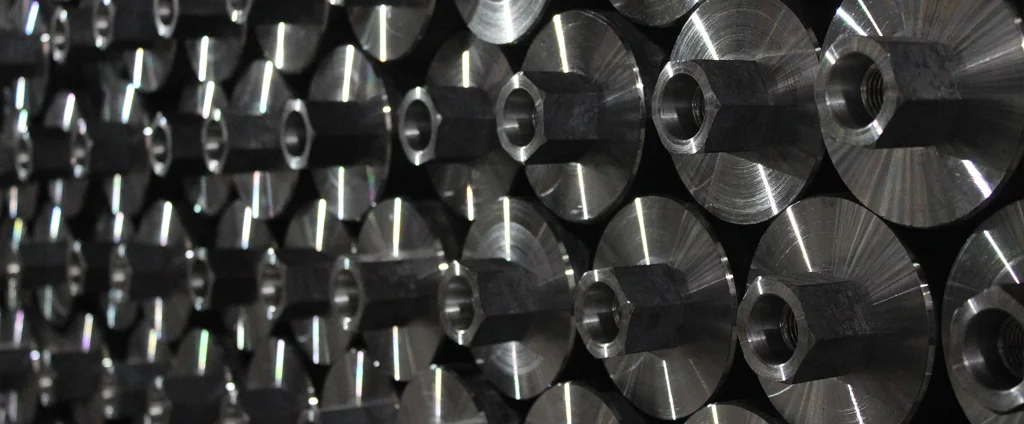SAE/AISI 1005 Carbon Steel (UNS G10050)

SAE/AISI 1005 is a versatile low-carbon steel known for its excellent formability, weldability, and machinability. It is cost-effective and widely used in automotive, construction, and stamped components, its ductility and ease of fabrication make it ideal for lightweight applications.
| Chemical Composition | ||
|---|---|---|
| Element | Min | Max |
| Iron | 99.5% | 100% |
| Carbon | —— | 0.06% |
| Manganese | —— | 0.35% |
| Phosphorus | —— | 0.04% |
| Sulfur | —— | 0.05% |
The following table provides a list of SAE/AISI 1005 properties in both SI and US customary/Imperial units.
Click on the button to switch between Metric and Imperial units.
| Physical Properties | Metric |
|---|---|
| Density | 7872 kg/m3 |
| Mechanical Properties | Metric |
| Tensile Strength (Ultimate) | 310 - 430 MPa |
| Tensile Strength (Yield) | 280 - 380 MPa |
| Young’s Modulus (E) | 190 - 210 GPa |
| Bulk Modulus (K) | 140 GPa |
| Shear Modulus (G) | 80 GPa |
| Poisson’s Ratio (ν) | 0.27 - 0.30 |
| Brinell Hardness | 95 |
| Thermal Properties | Metric |
| Thermal Conductivity | 53 W/m·K |
| Specific Heat Capacity (Cp) | 481 J/kg·K |
| Coefficient of Thermal Expansion (αL) | 1.26×10-5 1/°C |
| Electrical Properties | Metric |
| Electrical Conductivity | 4.6×106 S/m |
| Electrical Resistivity | 2.17×10-7 Ω·m |
The values in this table are approximate and can vary depending on various factors such as the specific manufacturing process and heat treatment applied to the alloy.
Advantages & Disadvantages of 1005 Carbon Steel
| Advantages | Disadvantages |
|---|---|
| Cost effective | Limited strength |
| Good formability | Low hardness |
| Good weldability | Reduced wear resistance |
| High ductility | Lower machinability |
Applications of 1005 Carbon Steel
AISI 1005 carbon steel, with its good formability and cost-effectiveness, finds applications in various industries, including:
- Automotive industry: Used in the production of automotive components, such as body panels, brackets, clips, and other structural parts. Its formability allows for easy shaping and stamping of parts.
- Construction: Utilized for low-stress structural components where strength requirements are not significant. Can be found in lightweight structures, non-load-bearing frames, and general-purpose applications.
- Wire products: Often used in the manufacturing of wire products due to its ductility. Can be drawn into various wire gauges and used for applications like wire mesh, fencing, nails, and other wire-based products.
- Stamped parts: The excellent formability and deep drawing capabilities make it suitable for producing stamped parts used in a wide range of industries. Examples include brackets, clips, washers, shims, and other similar components.
